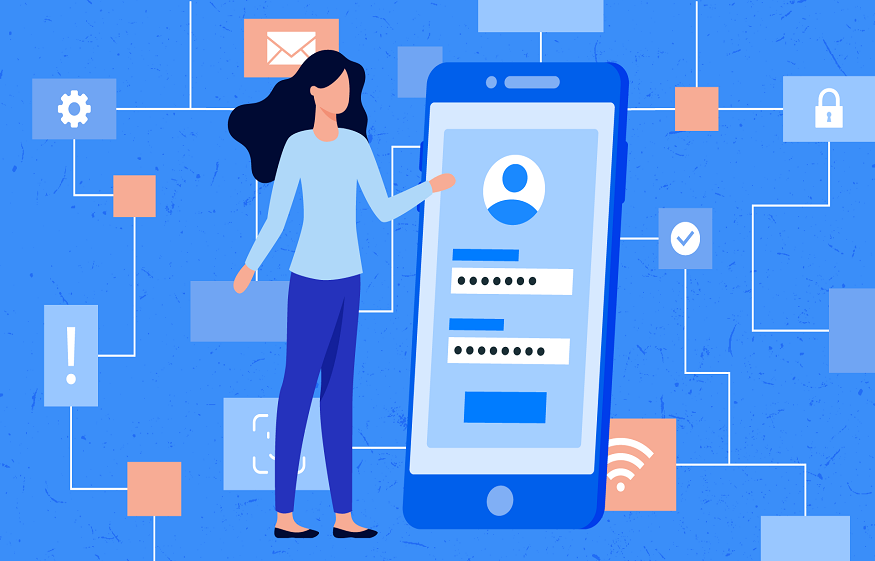
VoIP and Security: How Secure is Your VoIP Service?
You might be wondering if your VoIP service is secure. After all, you want to make sure your conversations are private and protected. In this guide, we’ll introduce you to some of the security concerns around VoIP and explain how providers are addressing them.
What is VoIP?
Voice over internet protocol (VoIP) is a digital communication method that allows users to make voice calls using an internet connection instead of a traditional phone line. VoIP services convert your voice into digital data packets and send them over the internet to the person you’re calling.
Security concerns with VoIP and how to mitigate them
There are a few security concerns to be aware of with VoIP:
- Eavesdropping
- Spoofing
- Denial of service (DoS) attacks
- Hacking
Eavesdropping is when someone secretly listens in on your conversation. This can happen if your internet connection is not secure. To mitigate this risk, make sure you’re using a secure VoIP service and that your internet connection is password-protected.
Spoofing is when someone pretends to be someone else in order to access your data or account. This can happen if your VoIP service is not encrypted. To mitigate this risk, make sure you’re using an encrypted VoIP service.
Denial of service (DoS) attacks are when someone tries to prevent you from using your VoIP service by flooding it with traffic. This can happen if your internet connection is not secure. To mitigate this risk, make sure you’re using a secure VoIP service and that your internet connection is password-protected.
Hacking is when someone gains unauthorized access to your account or data. This can happen if your VoIP service is not encrypted. To mitigate this risk, make sure you’re using an encrypted VoIP service.
Best practices for securing your VoIP system
There are a few best practices you can follow to help secure your VoIP system:
- Use a reputable VoIP service provider
- Use an encrypted VoIP service
- Use a secure internet connection
- Choose a strong password
- Enable two-factor authentication
- Keep your software up to date
- Back up your data
- Monitor your system for unusual activity
- Report any suspicious activity to your VoIP service provider
Tips for getting the most out of your VoIP service
- Do your research: Not all VoIP services are created equal. Be sure to do your homework and read reviews before you get started with VoIP.
- Consider security features: When it comes to VoIP, security should be a top priority. Make sure the service you select offers robust security features like encryption and authentication.
- Keep your software up to date: Be sure to keep your VoIP software and firmware up to date with the latest security patches.
- Use a VPN: Using a VPN can help add an extra layer of security to your VoIP calls.
By following these tips, you can help ensure that your VoIP calls are as secure as possible.
Conclusion
In conclusion, it’s important to be aware of the security concerns around VoIP and take steps to mitigate them. By following the best practices listed above, you can help keep your conversations secure.




